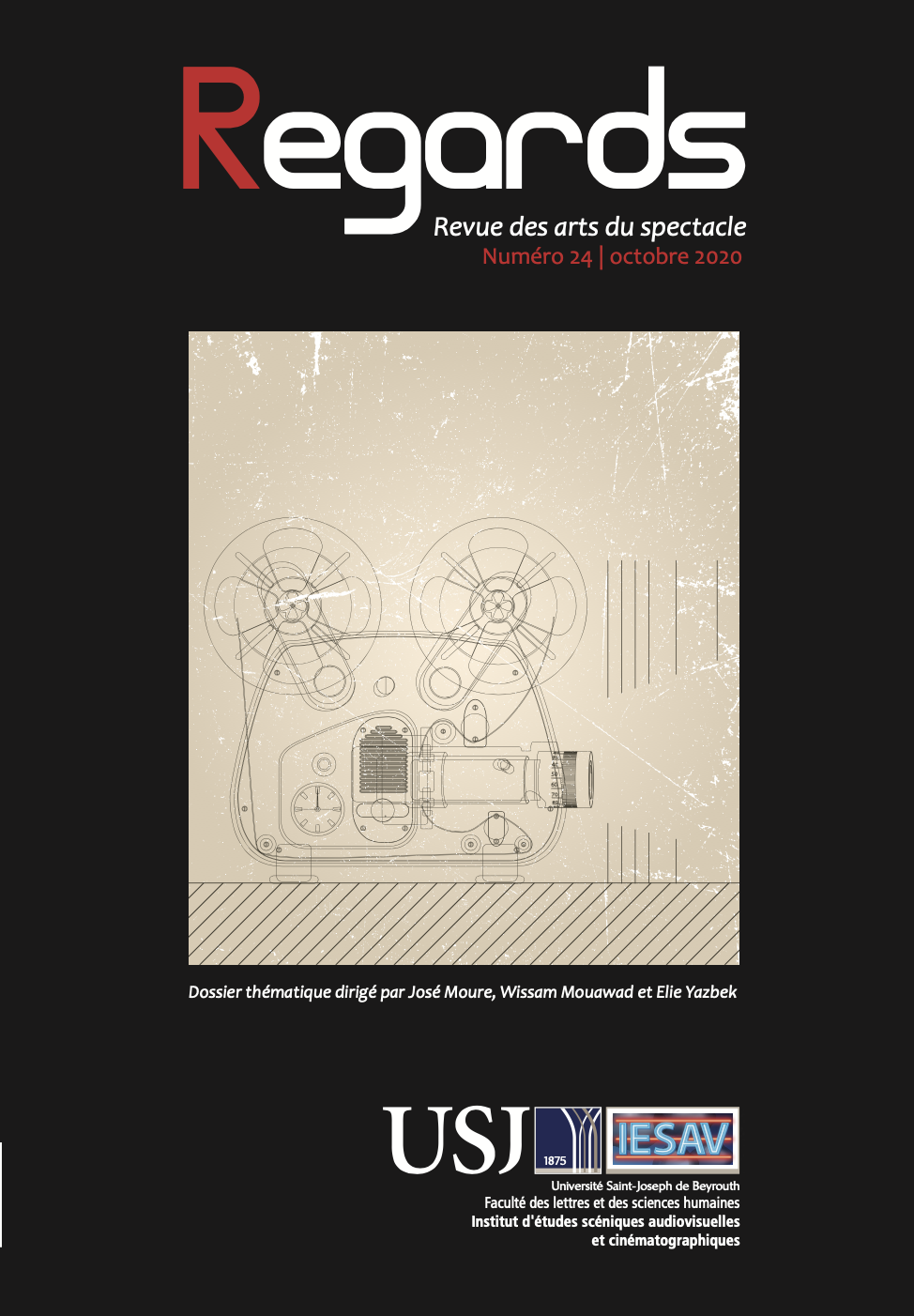Abstract
This article examines the commercial and symbolic valorisation of Maghrebi films on the European market, looking at film admissions, film criticism and academic discourses. It explores the position and the significance of films made with Maghrebi funding in Europe, while focusing more specifically on films on the condition of women, and films by women filmmakers. Comparing the circulation of Tunisian and Moroccan films in Europe, it highlights the recurring narrative tropes of these films and shows how films on the condition of women became the lead product on the French market. These films brought more success to male than to female filmmakers.

